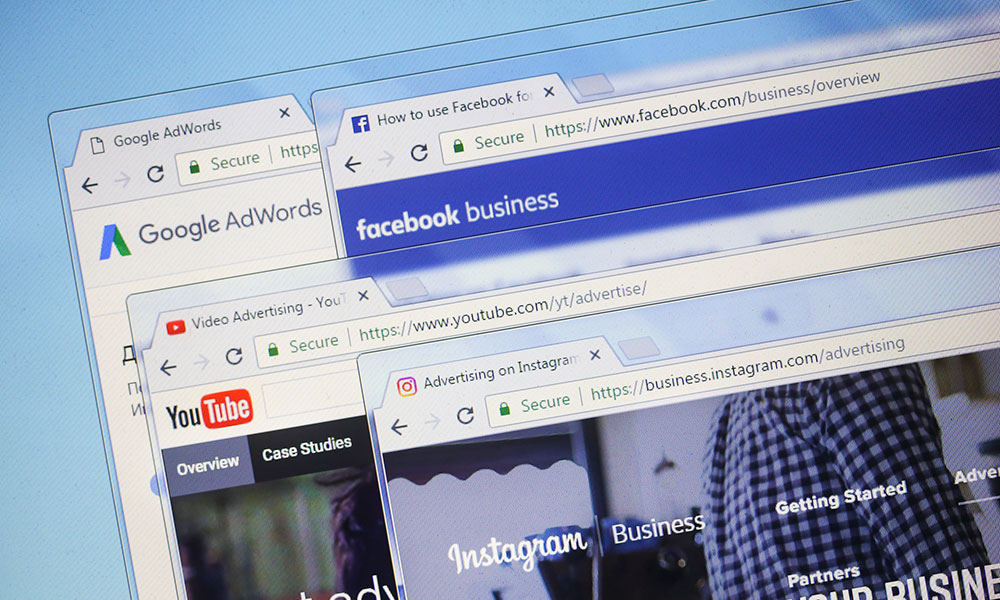
As Tech Giants Hit the Hill, Associations Offer Takes on Political Ad Regulation
With concerns about political ads hitting a peak due to the believed Russian influence on the 2016 election, three of the largest technology firms are making their voices heard on Capitol Hill this week. Also speaking up: two major trade groups with a stake in whatever legislation Congress creates.
With internet giants—and particularly their advertising practices—under scrutiny on the Hill this week, associations that represent the sector are making sure their voices are part of the conversation.
This week, officials with Google, Facebook, and Twitter spoke in front of congressional committees, with the goal of explaining their companies’ roles in allowing political ad buyers to spread misinformation during the 2016 presidential election, which is widely thought to have been negatively affected by Russian influence.
Also taking part in congressional hearings this week was Randall Rothenberg, the Interactive Advertising Bureau’s president and CEO, who testified before the Subcommittee on Information Technology of the House Oversight and Government Reform Committee on the issue of modernizing political advertising rules.
Rothenberg spoke in favor of such changes.
“We fully support modernizing, clarifying, and reconciling any contradictions in these rules—as many states have already done with respect to their electoral advertising rules—to require click-through, hover over, and similar types of disclosure,” he said, according to his prepared remarks [PDF]. “Enhancing the existing framework by clarifying the responsibility of publishers, platforms, and advertisers in making available these disclosures to the public would create greater legal certainty across the industry and provide valuable information for FEC investigations.”
In comments to NPR’s Morning Edition, Rothenberg noted that the talk of regulation around political advertising on digital platforms suggests “an inflection point in the history of the internet,” one that highlights a recognition within the tech world that “people can get hurt from bad communications in the same way they can get hurt from bad grains in food or bad parts in cars.”
Before the tech giants spoke in front of Congress on Tuesday, the Internet Association (IA) offered its take on the issue, outlining a set of principles intended to encourage equal accountability among all players, as well as the roles that publishers and advertisers hold in ensuring this transparency.
“A solution to this problem will only be effective if every participant in the ecosystem works together to address it,” the group emphasized.
But IA recommended taking care in putting in place such solutions, explaining that if not implemented properly, they could threaten normal online communication.
“Legislation or regulation should improve transparency and disclosure of online election advertising without creating requirements that would discourage legitimate stakeholders from actively engaging in the political process or limit political speech,” the association’s principles, detailed in a news release, stated.
A GeekWire report suggested that IA’s principles statement helped to contextualize the somewhat tepid comments by the executives from Google, Facebook, and Twitter—in particular Facebook’s refusal to officially support the Honest Ads Act, a bill proposed in the House and Senate last month as a solution to the political advertising issue.
(GoodLifeStudio/iStock Editorial/Getty Images Plus)






Comments